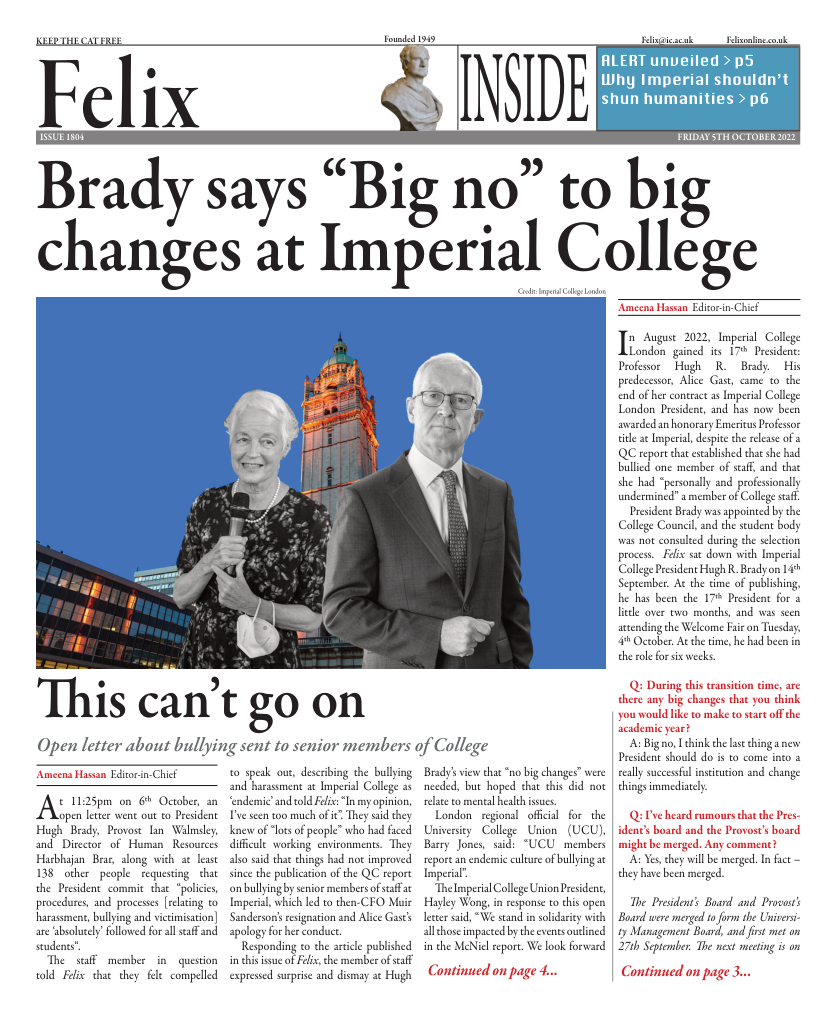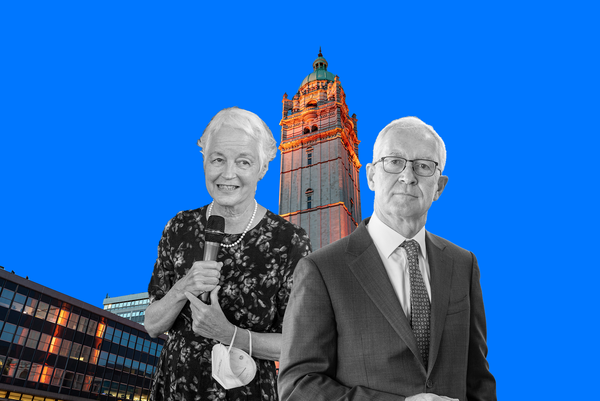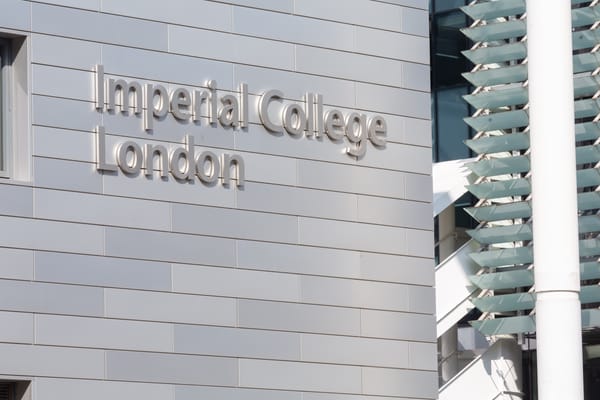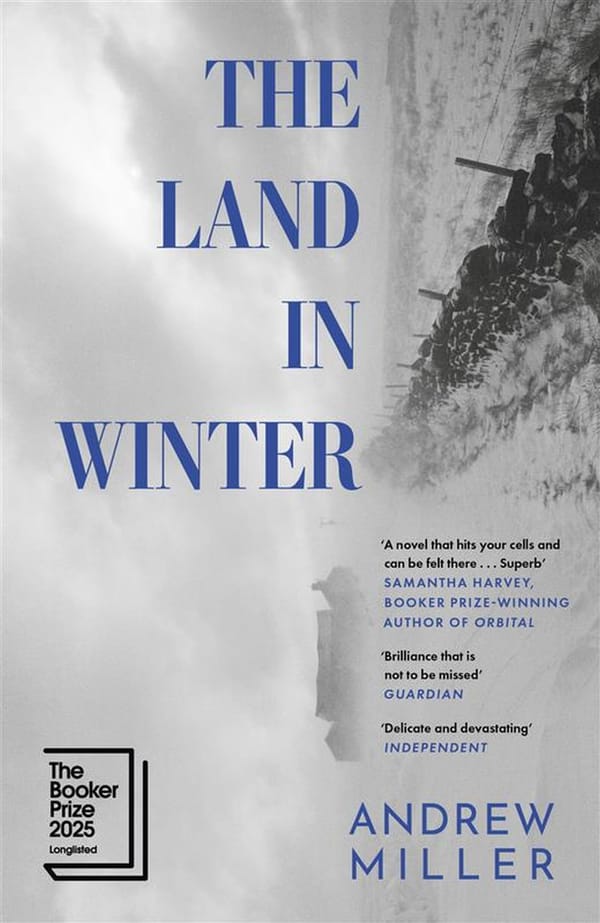Imperial’s Jameel Institute announces new pandemic preparedness initiative
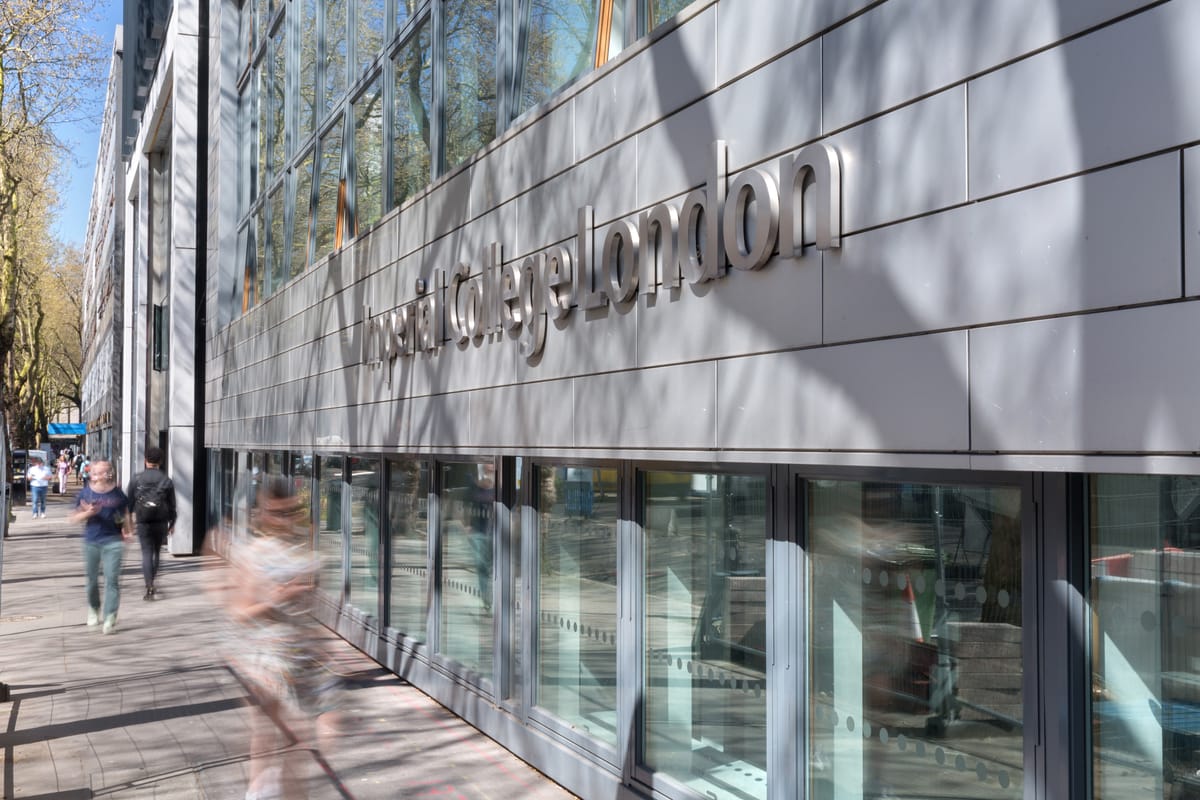
The Jameel Institute-Kenneth C. Griffin Initiative for the Economics of Pandemic Preparedness, was announced on 30th September, at the Philanthropy Asia Summit in Singapore. Co-funded by a £3 million gift from billionaire Citadel founder and CEO Kenneth C. Griffin, and a separate gift from Community Jameel, the initiative will provide data and analysis to inform public health decisions related to pandemic preparedness and disease outbreaks around the world.
Epidemiologists, economists and data modellers from Imperial will work together with researchers from the WHO, Umeå University in Sweden, and partners at the National Centre for Infectious Diseases in Singapore.
“Throughout the COVID-19 pandemic, we saw the vital importance of accurate projections and modelling to prevent deaths. Unfortunately, they had much less reliable evidence on the enormous social and economic impacts of pandemic mitigation. Our mission is to establish a robust and trusted methodology to forecast the potential human impact of future pandemics, across health and the economy”, said Professor Katharina Hauck, leader of the new initiative and Deputy Director of the Jameel Institute.
The group will produce a publicly available digital scenario-based dashboard to model preparedness levels of over 150 countries. In addition, they will conduct more in-depth analyses on key topics of concern in five countries, working with research organizations and government partners in Singapore, Indonesia, Thailand and Vietnam, and potentially the Philippines and/or Mexico.
The initiative also aims to provide evidence to governments, international health organisations and businesses, on the impact of alternative policy strategies. “Using an integrated economic-epidemiological model of hypothetical pathogens, we will measure impact on deaths, economic costs due to business impacts, and social costs due to school closures,” said Professor Hauck, speaking to Felix.
The team’s work will build on the DAEDULUS model, developed during the pandemic to calculate the outcomes of a range of COVID-19 control strategies. “Part of our research will be to further develop this model and improve on the science behind it in a substantial way”, said Hauck.

